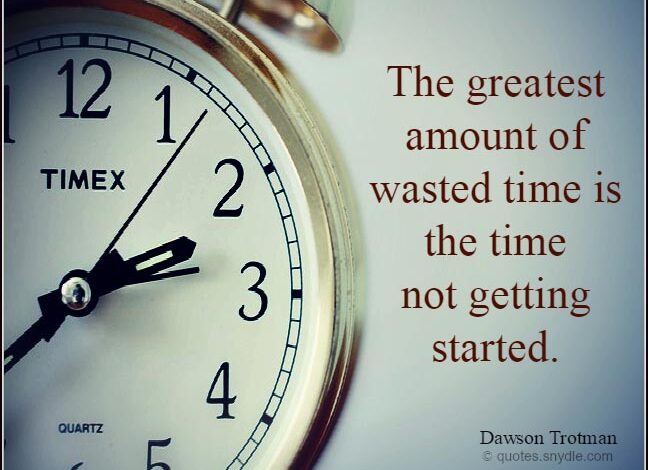Understanding And Overcoming Procrastination

The Secret To Overcoming Procrastination
There is a famous saying “Procrastination is the thief of time.” The reason is that it is one of the main factors that will hinder one’s progress and the ability to work. Therefore, overcoming procrastination is a significant effort to take back control of your life.
We all how it feels when tasks are put off at a later date until it is too late or until it seems too difficult to accomplish, the stress and anxiety is extremely overwhelming. But when you learn to overcome procrastination, you can fix that missing puzzle take back your life. Let’s take a look at some strategies for overcoming procrastination.
Take Small Steps
Have you ever experienced when you started something small and ended up completing it unknowingly? For example, you wanted to clean up the stove after cooking and ended up cleaning the whole kitchen without realising it.
Scientific research shows that when a person started doing something, the brain continues to process it even though it is not finished. Then tendency that this person will return to complete it as it is proven that humans remember the tasks that are not completed more than the completed ones. So, do consider taking small steps instead of the whole thing at once when working on a project, breaking them down into smaller and more manageable segments. Just like the above example, the spill-over effect that creates momentum and motivation will keep you going. This is the importance of taking small steps with any task, and it’s probably the most important strategy for overcoming procrastination.
This will give you the essence of completing and feeling good at getting things done. If you started big and overcommitted, deep down you know the stress and complication will be a vast setback to you. So, don’t do it.
Time Management
You need to balance the amount of time for working and relaxing. You can try using this technique called the “Pomodoro Method” which was invented by Francesco Pomodoro in the 80s. It is the use of time intervals to help keep one on track with his task by allowing the brain to function to its optimum before it needs a break.
It is advisable to take a break for about 5 minutes every half an hour into your work. This gives your brain a chance to relax before you drained off your “brain juice” allowing stress and anxiety to set in. Working too much and too long will eventually wear you down and affect the quality of your work. By adopting this technique, you learn to focus on your priorities and your skill set so that you know exactly how much time is required for each task. This method not only helps you to become more productive, but it also improved your time management skill.
Another benefit of this technique is that it acts as a timer to your mind, it creates a sense of urgency and urges you to get the thing started. If there is no limited time frame to your work, the tendency you will push it to a later date makes it much harder to even get started.
Your Main Motivation
Before attempting to overcome procrastination, you should identify why are you doing it and what is the ultimate objective. If you can’t make time to complete something, it may simply be a lack of motivation or lack of desire. Therefore, it is important to figure out your overall goals, otherwise, you might just lack motivation or unwillingness to finish. If you are not satisfied or truly happy where you are, then this is another excuse or reason for you to procrastinate.
Costs of Your Procrastination
Think of the repercussions and consequences of your procrastination. Conclude a list of scenarios on what will happen if the task is not done. Used this list as a reminder or alert to keep your job on track. Never overlook the effect of putting off a task, even a simple task can spiral out of control. So, do make time to list out all possible out come that will hurt you in long run.
Final Thoughts
While you’re working on overcoming procrastination, it’s vital to note that it won’t happen overnight and you will experience relapses. There is nothing to feel bad about it as it is natural and a part of our human experiences. Instead of being discouraged or irritated, it’s important to keep a positive attitude and by getting a better understanding of procrastination, you will be more likely to overcome and conquer it.




